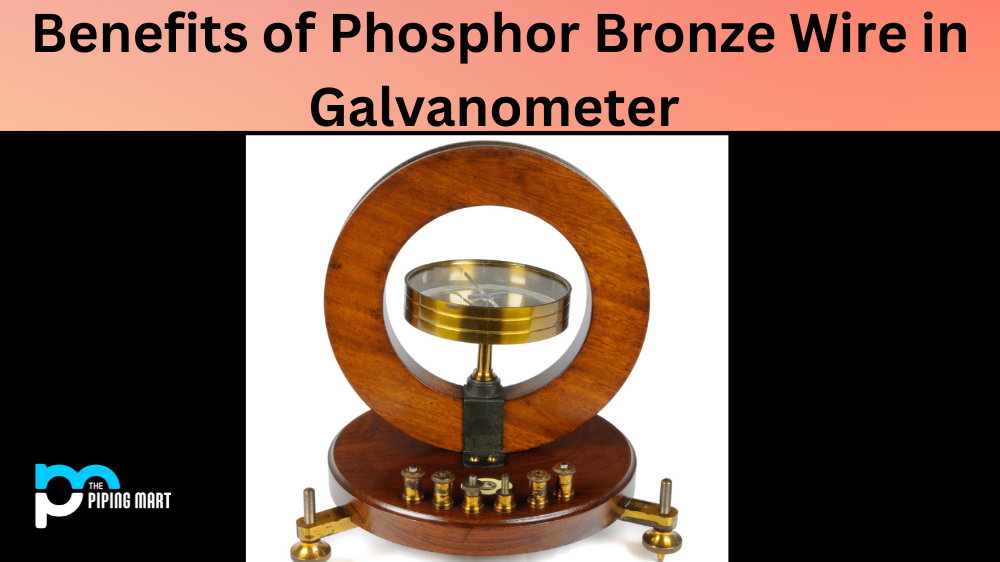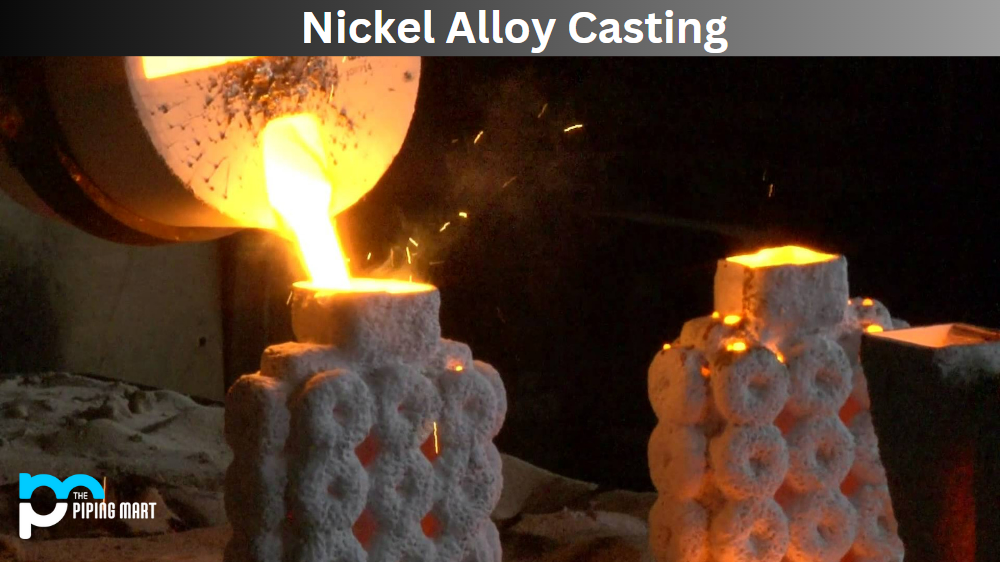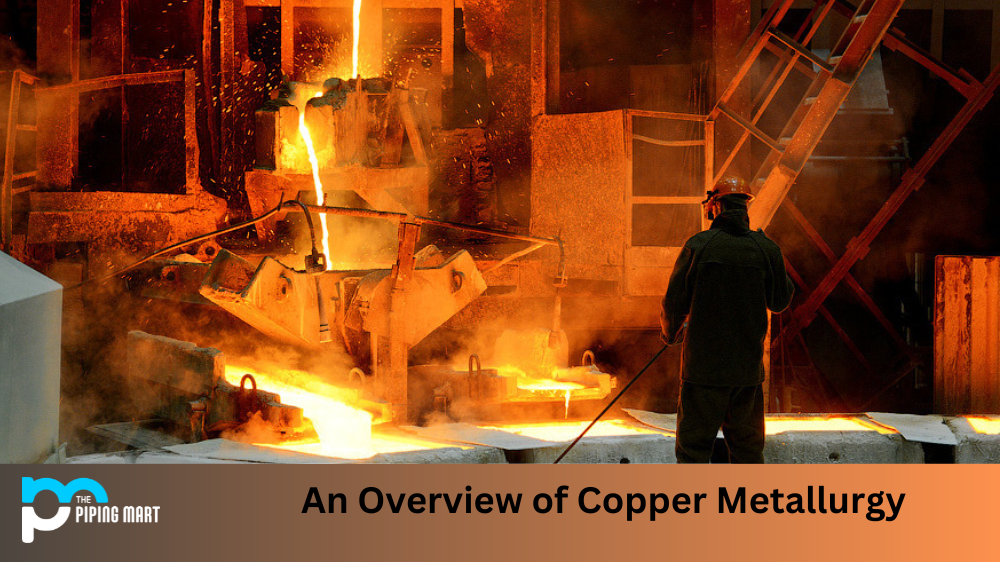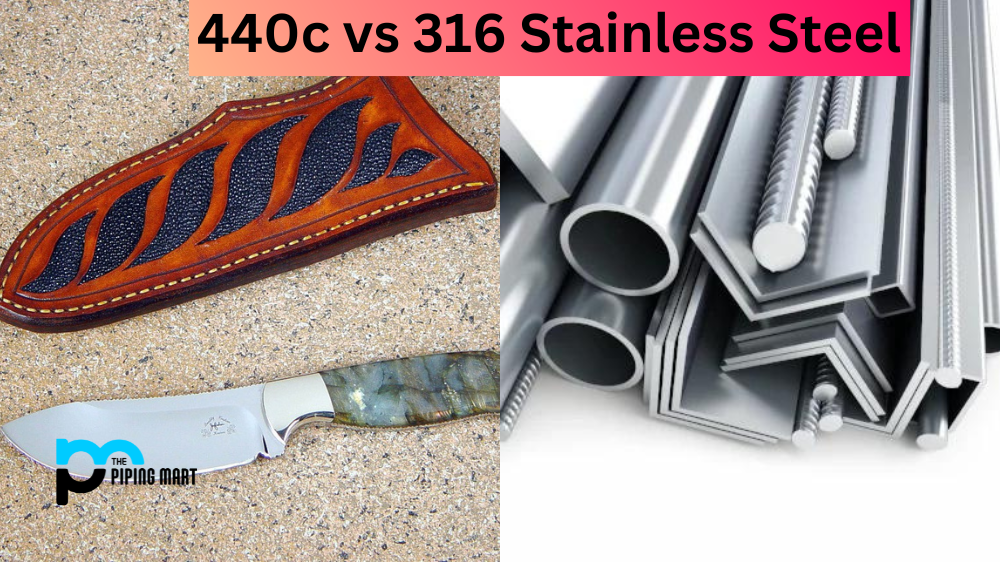A galvanometer is an electrical device used to measure electric current. It is a type of analog instrument that measures small changes in electric current. To make a galvanometer, you need a phosphor bronze wire. But what is it, and why do we use it for this purpose? Let’s take a closer look at the benefits of phosphor bronze wire for making galvanometers.
Phosphor Bronze Wire
Phosphor bronze wire is an alloy made up of copper and tin, with trace amounts of phosphorus added as an alloying element. This material has excellent electrical conductivity, which makes it perfect for use in a galvanometer. It also has excellent corrosion resistance and good tensile strength, making it ideal for applications where durability and reliability are important factors. In addition, phosphor bronze wire can be formed into various shapes and sizes with ease, allowing for greater flexibility when creating galvanometers.
Why Phosphor Bronze Is Used In Galvanometer?
The primary reason why phosphor bronze wire should be used for making galvanometers is its superior electrical conductivity compared to other materials such as steel or aluminum. This means that it will be able to detect even the smallest changes in current more accurately than other materials would. Additionally, its corrosion-resistant properties ensure that the wiring within the galvanometer will remain protected from any environmental damage or wear and tear over time, ensuring that the device remains in working condition for longer periods of time without needing to be replaced or repaired frequently. Lastly, its ability to be formed into various shapes and sizes allows manufacturers to create galvanometers with different sensitivities depending on their needs or requirements.
Conclusion:
In conclusion, phosphor bronze wire is an ideal material for making galvanometers due to its superior electrical conductivity compared to other materials like steel or aluminum. Its corrosion-resistant properties ensure that the wiring within the device does not get damaged over time, while its ability to be formed into various shapes and sizes gives manufacturers more flexibility when creating different sensitivities within their devices according to their needs or requirements. For these reasons and more, phosphor bronze wire is commonly used when building these types of instruments today!
Sakshee is a talented blogger, with a particular focus on the Business and Metal Industry. She is passionate about sharing her insights on various metal products and helping professionals to make a better decisions.




